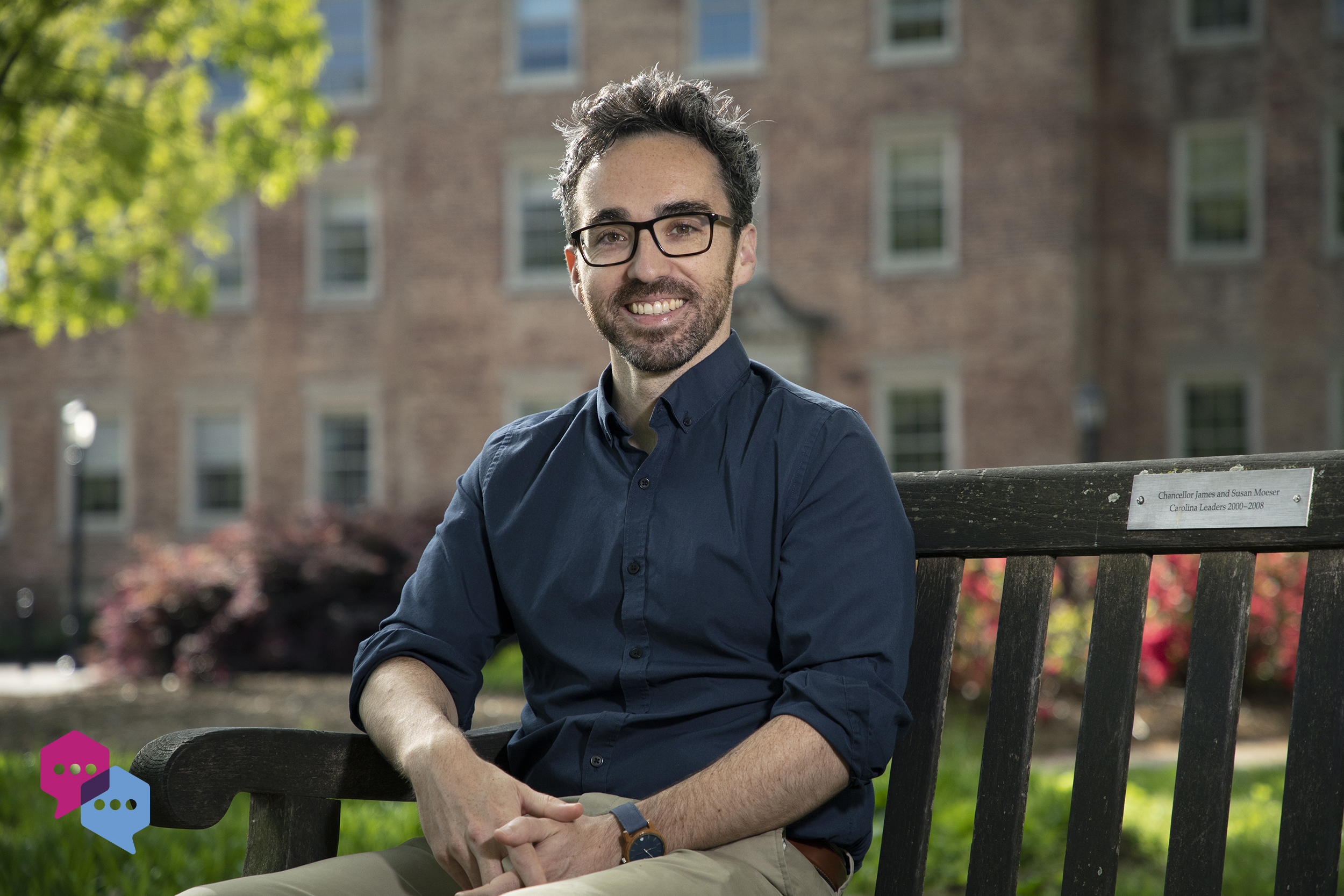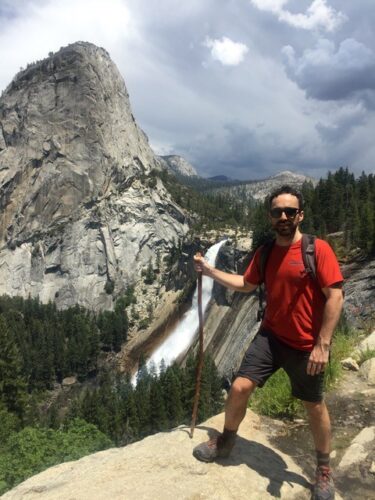Q: When you were a child, what was your response to this question: “What do you want to be when you grow up?”
A: I grew up in a very rural part of Spain, in a village of just 400 people, so my interests at the time ranged from things like construction — building cabins with my friends — to exploration of the nearby mountains. In college, I ended up studying mechanical engineering, and now I teach mathematics and do research in physics. I guess I have always liked interdisciplinary work.
Q: Share the pivotal moment in your life that helped you choose your field of study.
A: My father was a farmer and my mother a factory worker, so for me to go to college was already a big step for my family. Then I moved to Edinburgh for a gap-year with the intention of eventually coming back to Spain. After a series of unplanned events, I started my PhD there. That’s when I really discovered my passion for fundamental research.
Q: Tell us about a time you encountered a tricky problem. How did you handle it and what did you learn from it?
A: Once, I had been working on a project for months and, toward the end, thought that measuring and averaging the amplitude of very small waves might yield an interesting observation. This was an unexpected — and frustrating — last-minute thought for an otherwise complete work that I wanted to submit for publication as soon as possible. The measurements I wanted to make were challenging and could have delayed me for weeks, even months. By distancing myself from the problem, I realized that all I needed could be done with data we already possessed. In the end, it took me 10 minutes to make the calculation, and the prediction was correct.
When I find myself in front of a problem that I’m struggling with, I try to recognize it and do something different. I’ve lost count of the number of times when I’ve felt stuck and frustrated. Oftentimes, I stop working, go for a run, and come up with an idea that allows me find a way around a problem.
Q: Describe your research in 5 words.
A: Large-scale recreations of atomic processes.
Q: What are your passions outside of research?
A: Coming from Spain, cooking and socializing over food is a big part of my culture. During the summer, we often get together to cook paella and spend the afternoon eating and chatting about anything. I’m also a regular runner and love doing exercise outdoors, things like kayaking in summer and skiing in winter. I enjoy going on hikes and road trips. Visiting any national park is a great excuse that allows me to combine both.



